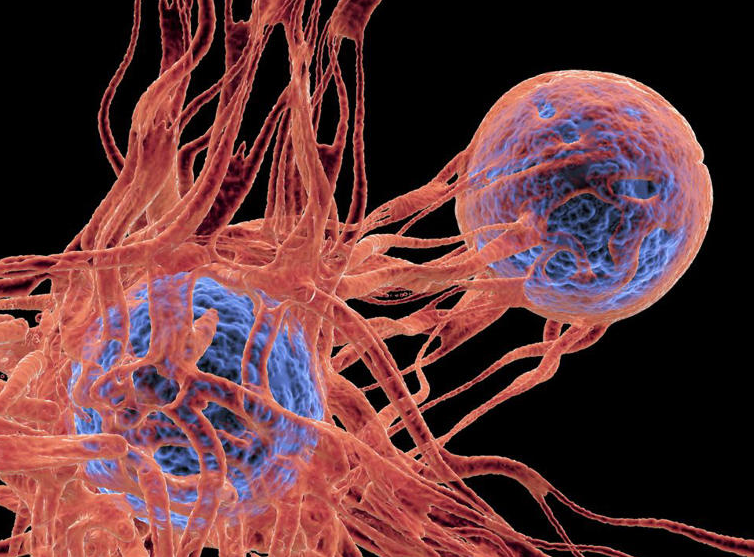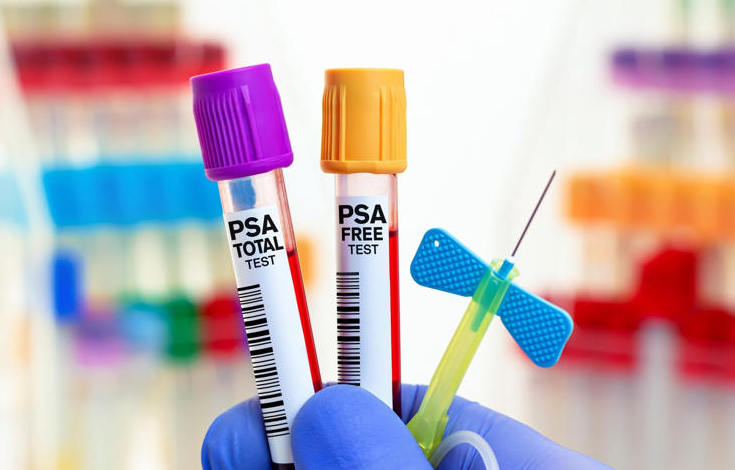Many men don't give this issue much thought. Many men don't know where their prostate is or if they do what it does!
In the UK one in eight men are now being diagnosed with prostate cancer, but this lack of awareness is a serious problem. A recent survey found that almost 4 in 10 cases are being diagnosed late and for some that is too late. And when the disease is diagnosed late it has probably already spread making it more difficult to treat.
The prostate is a walnut sized gland just below the bladder and prostate cancer mainly affects men over the age of 50. Problems with peeing are a key warning sign as are burning uring flow, blood in the urine or semen and erection probelms. If you are having troubles, getting up through the night or worrying about going out and where toilets may be, you should go straight away to see your doctor. In many cases however it turns out to be just prostate enlargement which affects many older men. However, you should still go see your GP!
Your doctor will carry our a test for Prostate Specific Antigen in your blood. This is usually combined with a rectal examination to check for prostate enlargement. And don't worry about this test as it usually takes longer for the doctor to get his rubber glove on that it does the test. If something is found you will be referred to a specialist who may do ultrasound, a biopsy or a MRI scan. If it is cancer, these tests will show how aggressive the cancer is and if it has spread.
The good news is that most prostate cancers are slow growing so may never affect your life expectancy and then all will be requires is regular monitoring. If the cancer turns out out be more aggressive, then a number of treatments are available, such as surgery to remove all or part of the prostate, hormone treatment, radiotherapy and cryotherapy.
you are more at risk if you are over fifty, have a family history of prostate cancer, are Afro-Caribbean or hive a diet high in saturated fats and red meat.





